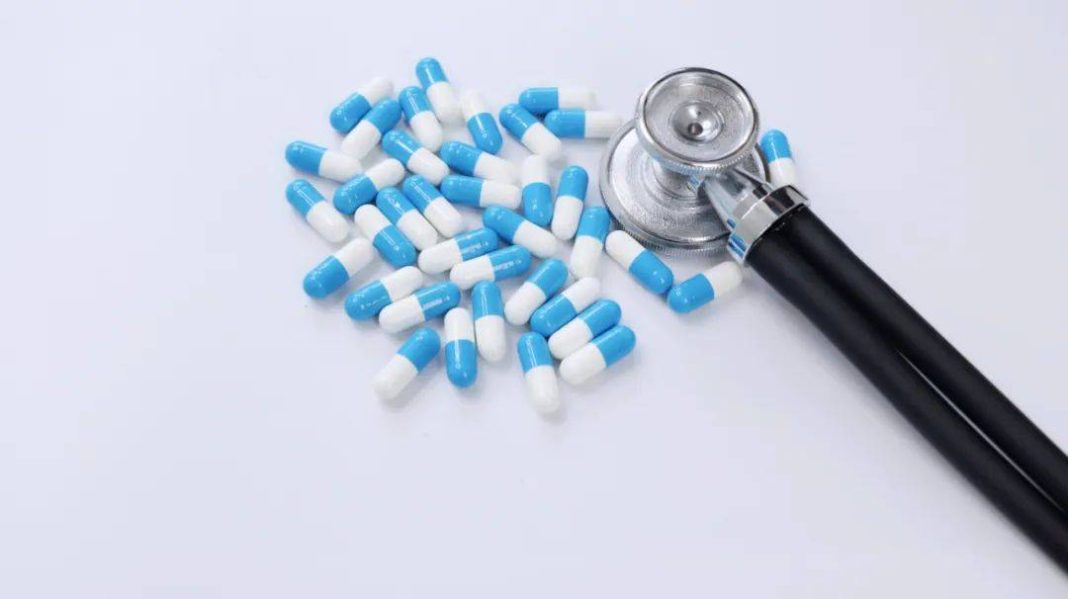Hypertension, as a very common type of chronic metabolic disease in clinical practice, often requires patients to take antihypertensive medications year-round to control their blood pressure levels. The causes behind hypertension are often closely related to people’s lifestyles and dietary habits. With the continuous improvement of living standards, many people cannot escape a “high oil and high salt” diet, which over time leads to fluctuations in blood pressure, ultimately resulting in hypertension and other diseases.
Of course, although many patients maintain their blood pressure levels using antihypertensive medications, there are still many who have little understanding of the mechanisms of the antihypertensive drugs they are taking. This is especially true for male friends, as the long-term use of antihypertensive drugs can even affect their physiological functions. For example, of the four classes of first-line antihypertensive drugs, two classes may reduce male function, while the other two classes are beneficial for enhancing male function.
1. Antihypertensive drugs that affect male function
1. Aldosterone receptor antagonists
This class of antihypertensive medications mostly belongs to weak diuretics and can achieve good blood pressure-lowering effects by inhibiting the hydroxylation at the 17th carbon atom, thus reducing the production of male testosterone. However, during the process of decreased testosterone levels in the body, some testosterone may be converted into estrogen. If the secretion of estrogen in a man’s body is too high, it will naturally affect his sexual function. In this case, men may not only feel physically weak and lack desire, but their sperm activity may also decrease.
Therefore, for hypertensive patients taking such antihypertensive medications, if they experience the aforementioned related discomfort, it is best to communicate with their treating physician in a timely manner to prevent the issue from becoming more serious.
2. Thiazide diuretics
According to relevant medical research, male patients who long-term take this class of antihypertensive drugs also have a chance of developing sexual dysfunction. This is mainly because one of the components contained in these medications, called “catecholamines,” directly affects male **smooth muscles, leading to vasoconstriction. This is especially true for patients with moderate to severe hypertension, as the probability of experiencing related problems is higher when taking this medication.
2. Antihypertensive drugs that improve male function
1. β-blockers
This class of antihypertensive drugs primarily promotes the release of carbon monoxide, and patients taking these medications have a much lower incidence of sexual dysfunction compared to those taking other medications. Therefore, for male hypertensive patients who have certain fertility requirements, it is advisable to communicate with their treating physician before taking the medication and choose to take this drug to regulate blood pressure.
2. Calcium channel blockers
According to existing clinical statistics, calcium channel blockers have no significant negative impact on male sexual function, and they do not reduce sperm activity, impacting normal reproduction. In addition, male patients who have been taking this medication for blood pressure control long-term may also experience significant improvements in sexual function.
[This article is an exclusive original production of “Panda Medical” new media, authored by Changshan. Please do not reproduce or copy without authorization.]


